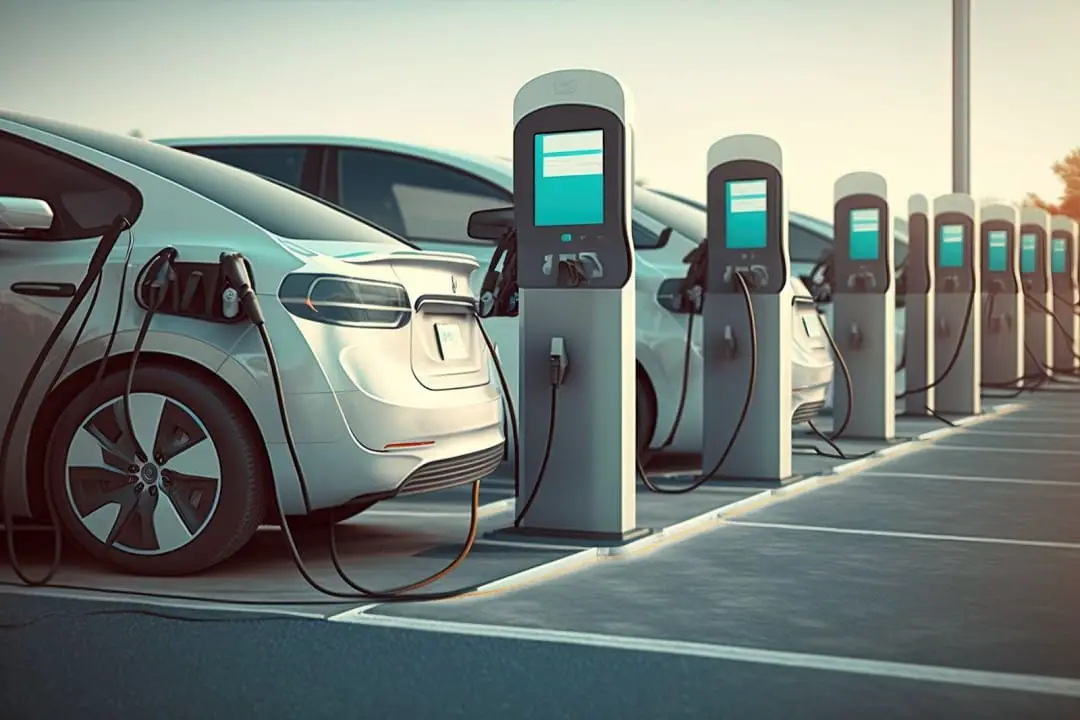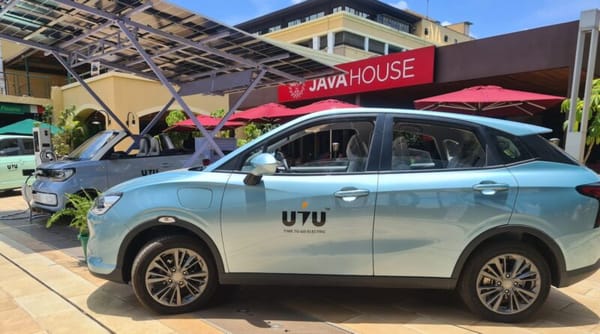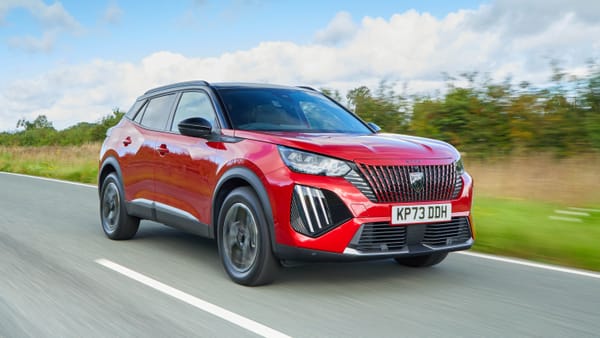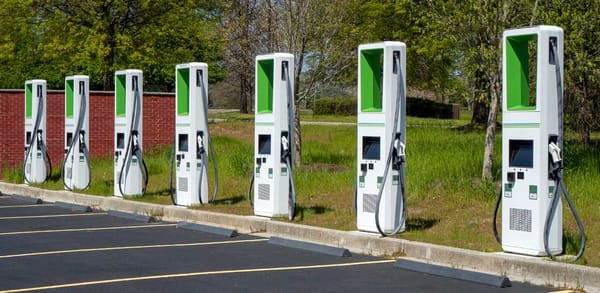Exploring the Top-Selling Brands in the Fully Electric Car Market.
As the world shifts towards sustainability and environmental consciousness, the automotive industry is undergoing a profound transformation.


As the world shifts towards sustainability and environmental consciousness, the automotive industry is undergoing a profound transformation.
Fully electric cars have emerged as a significant player in this paradigm shift, offering zero-emission transportation solutions without compromising on performance or style.
With an increasing number of consumers opting for electric vehicles (EVs), the competition among manufacturers intensifies.
Let's delve into the top-selling brands in the fully electric car market and explore what sets them apart.
- Tesla: Undoubtedly, Tesla has been a trailblazer in the realm of electric vehicles. Led by visionary entrepreneur Elon Musk, Tesla has revolutionized the industry with its innovative technology, sleek designs, and relentless pursuit of sustainability. Models like the Tesla Model S, Model 3, Model X, and Model Y have garnered widespread acclaim for their long-range capabilities, cutting-edge features, and autonomous driving capabilities. Tesla's Supercharger network further enhances the appeal of its vehicles, offering fast charging solutions for long-distance travel. With a strong brand reputation and a loyal customer base, Tesla continues to dominate the global EV market.
- Nissan: Nissan's Leaf stands as one of the pioneers in mass-market electric vehicles. Launched in 2010, the Leaf quickly gained popularity for its affordability, practicality, and respectable range. Over the years, Nissan has consistently improved the Leaf, enhancing its range, performance, and features. With its competitive pricing and reliable electric drivetrain, the Leaf appeals to eco-conscious consumers looking for an accessible EV option. Nissan's commitment to electric mobility extends beyond the Leaf, with plans to expand its electric vehicle lineup in the coming years.
- Chevrolet: Chevrolet made waves in the electric vehicle market with the introduction of the Chevrolet Bolt EV. Boasting an impressive range and spacious interior, the Bolt EV offers practicality and versatility for everyday driving. With its affordable price point and efficient electric powertrain, the Bolt EV has carved a niche for itself in the compact electric car segment. Chevrolet's investment in electrification underscores its commitment to sustainable transportation, with plans to introduce more electric models shortly.
- BMW: Known for its luxury and performance-oriented vehicles, BMW has embraced electric mobility with models like the BMW i3 and BMW iX. The BMW i3, in particular, stands out for its futuristic design, lightweight construction, and agile handling. With its urban-friendly dimensions and zero-emission drivetrain, the i3 caters to urban dwellers seeking an eco-friendly alternative to city driving. BMW's ongoing efforts to electrify its lineup signal its dedication to embracing sustainable transportation solutions without compromising on luxury or driving dynamics.
- Audi: Audi has made significant strides in the electric vehicle market with models like the Audi e-tron and Audi e-tron GT. Combining Audi's signature craftsmanship with electric propulsion, these vehicles offer premium features, advanced technology, and impressive performance. The Audi e-tron GT, in particular, showcases Audi's commitment to electric performance, with exhilarating acceleration and a luxurious interior. Audi's foray into electric mobility reflects its vision of a future where sustainability and driving pleasure coexist seamlessly.
In conclusion, the top-selling brands in the fully electric car market exemplify the diverse approaches to electric mobility, ranging from Tesla's visionary leadership to traditional automakers' adaptation to changing consumer preferences. With advancements in battery technology, charging infrastructure, and government incentives, the adoption of electric vehicles is poised to accelerate in the coming years. As competition heats up, manufacturers must continue to innovate and prioritize sustainability to stay ahead in this rapidly evolving landscape.




